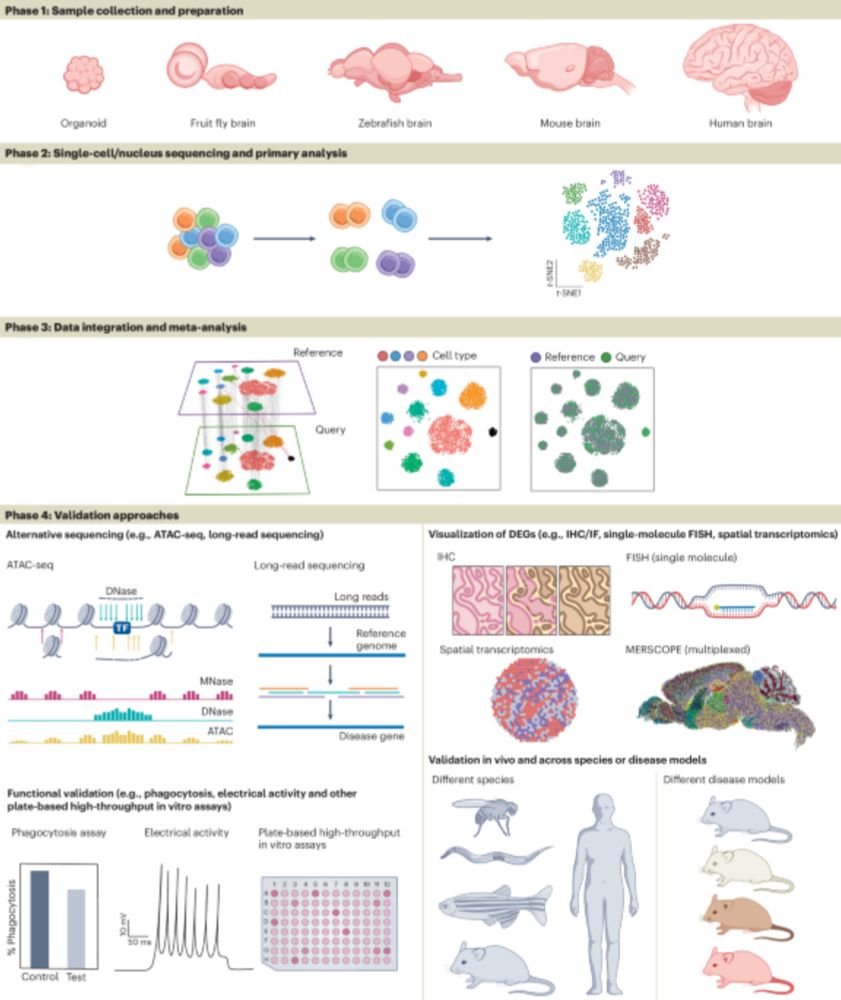alz-journals.onlinelibrary.wiley.com/doi/10.1002/... @alzdemjournals.bsky.social

alz-journals.onlinelibrary.wiley.com/doi/10.1002/... @alzdemjournals.bsky.social


www.nature.com/articles/s41...

www.nature.com/articles/s41...


Excited to contribute perturbation-based approaches.
www.nature.com/articles/s41...

Excited to contribute perturbation-based approaches.
www.nature.com/articles/s41...

